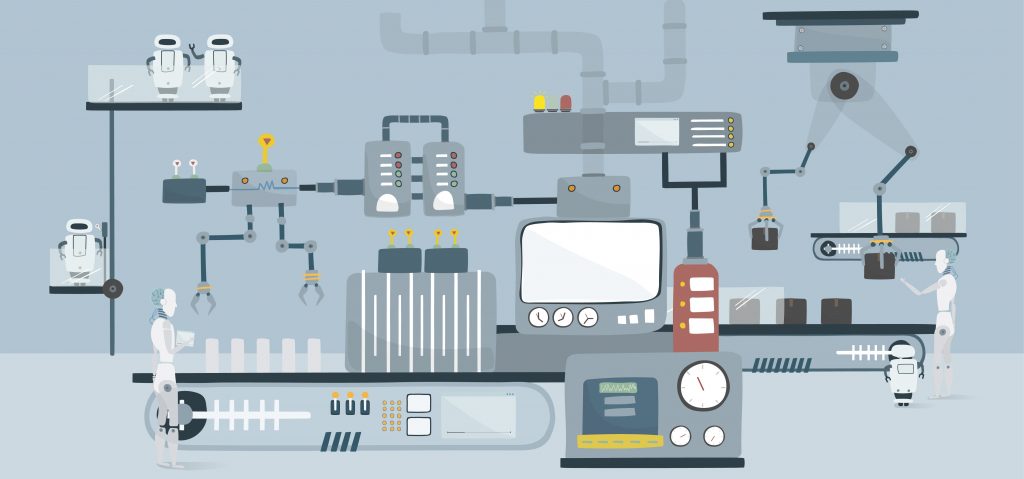
There’s so much talk about digital transformation in B2B, particularly in these pandemic times. If something good exists in this whole scenario, it’s the fact that businesses are running against time, in an effort to adapt themselves to this new world, and avoid losing their place in the market. In other words, we are experiencing a unique moment of great digital acceleration.
According to Forrester Research data, B2B e-commerce transactions reached 889 billion dollars. The firm estimates that this market will be able to earn, in 2021, around US$ 1.2 trillion and, in 2023, this number will reach the surprising level of 1.8 trillion dollars.
This shows the urgency with which the procurement and supply areas must innovate – and use digital tools – to achieve better results with excellence, productivity and transparency.
Due to this growth, supplying companies will inevitably face several challenges, ranging from competition level and value offer to the excess of bureaucracy. Keep on reading to know each challenge in detail!
Understand the key B2B supply challenges
Competition level
With the advent of digital transformation and Internet use, the competition level among businesses has increased significantly. Currently, due to the ease of communication, many companies make their offers by e-mail and social networks, in an objective and even aggressive way.
But how to stand out among so many possibilities? A good tip to improve the way your products are publicized is to benchmark your competitors. In this way, you can identify both your weaknesses and improvement opportunities, and can also have new publicizing ideas and strategies.
Another good tip is to listen to your customers and act as a consultant, always offering what they really need and not just what you believe is most appropriate.
Process complexity
When it comes to B2B sales, the buyer’s decision-making process is always lengthier. This usually occurs due to the need of searching and comparing different suppliers and prices. Sometimes, the process can take up even months to be completed.
But there are some ways to get around this problem. One of them is to invest in content customization, according to the needs of each customer. Therefore, you can offer technical information that best suits the current reality of the company in question.
Another alternative is to create an area of FAQs (frequently asked questions), security policy and terms of use in your website, so the interested parties can dispel any possible doubts and make their decisions more quickly.
Value offer
Many B2B customers aren’t always looking for the best price and payment terms at the start of a procurement process. Most of times, they actually look also for something else. They want to understand the real benefits that your products or services can offer – such as innovation, for instance.
And here lies the great challenge, as many companies still don’t know how to handle their deals strategically. To overcome this barrier, the seller must add value to his offer, – showing the customer that he’s getting much more than a product, but a strategic change for the company, which will positively transform the supply chain.
Excessive bureaucracy
Brazil is a country known for excessive bureaucracy in commercial transactions. In face of so many obstacles related to taxes, ICMS payment forms and tax rate updates, many companies will eventually give up in the middle of the process.
However, there are some ways to mitigate such bureaucratic procedures, as well as the other aforementioned challenges in this post. You may even know the answer already: technology has been driving the B2B market.
Technology to overcome the challenges of the B2B market
Technology is a major driver of the B2B market. With it, previously bureaucratic processes can become simple, fast and automated. And this brings a strategic edge for businesses: the time factor.
With a well-planned schedule, professionals can act on what really matters to the business – that is, they manage to create value in their offers, removing the complexity from processes and mitigating bureaucracy. These are factors that can put your company ahead of competition, in a direct struggle for customers.
Do you also agree that technology is a major driver of the B2B market? Tell us in the comments field!
Take this opportunity and subscribe to our newsletter, to stay updated on everything that happens in the B2B market.
See you next time!


 Português do Brasil
Português do Brasil Español
Español Português
Português
